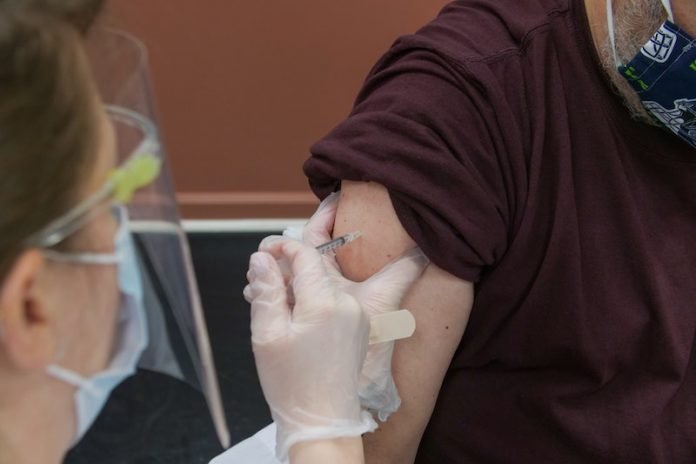
In a recent study published in the Annals of Internal Medicine, researchers found that a lower-than-normal immune response to the messenger RNA (mRNA) COVID-19 vaccines for patients with rheumatic and musculoskeletal diseases (RMDs).
They are conditions that often call for treatment with medications that suppress the immune system.
The findings suggest that patients with RMDs who are on immunosuppressive therapies have less-than-optimal responses to vaccination, and therefore, are still at risk for SARS-CoV-2 infection.
The study is from Johns Hopkins Medicine. One author is Caoilfhionn Connolly, M.D.
According to the American College of Rheumatology, RMDs are a diverse group of autoimmune diseases that affect children and adults and can impact any organ of the body, often the joints.
Most RMDs are due to problems of the immune system, which can result in inflammation and gradual deterioration of joints, muscles and bones.
Over 46 million people in the United States are living with some type of RMD, including rheumatoid arthritis, systemic lupus erythematosus, scleroderma, vasculitis and Sjögren’s syndrome.
In the study, the team examined patients age 18 and older with RMDs for the immune response study.
One month after the participants received their second dose of either the Pfizer-BioNTech or Moderna mRNA COVID-19 vaccine, blood samples were analyzed for neutralizing antibodies against the target of both vaccines, the SARS-CoV-2 spike protein.
The team found twenty patients did not have detectable antibodies.
The majority were women (95%), white (90%), diagnosed with lupus (50%) and receiving multiple immunosuppressive agents (80%)—of which the most common medications were rituximab (55%), a biologic used to treat autoimmune disorders such as rheumatoid arthritis and vasculitis, and mycophenolate (50%), a drug commonly used as first-line therapy for scleroderma lung disease and lupus nephritis (kidney inflammation).
Both immune suppressants work by depleting B-lymphocytes (also known as B-cells), immune cells that produce antibodies in response to foreign invaders such as bacteria and viruses.
Based on the findings, the team urges patients with autoimmune diseases who are taking these particular immunosuppressive agents to continue practicing recommended COVID-19 safety measures, even after vaccination.
If you care about COVID vaccines, please read studies about should rare cases of heart inflammation put your COVID-19 vaccine plans on hold? and findings of scientists find a link between mild heart problem, COVID vaccine.
For more information about COVID vaccines and your health, please see recent studies about the new inhaled COVID-19 vaccine may prevent disease and transmission and results showing that COVID-19 vaccine protection is lower and slower in people with this health problem.
Copyright © 2021 Knowridge Science Report. All rights reserved.



